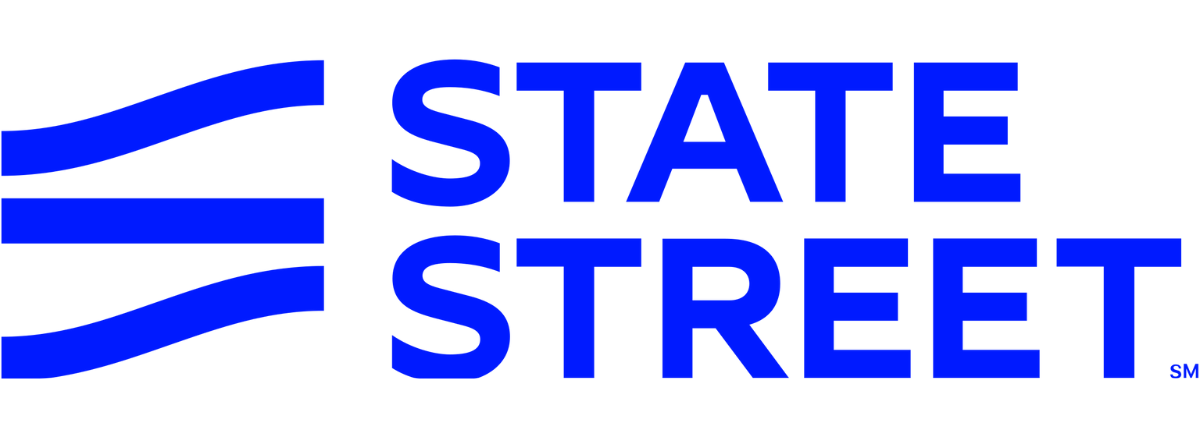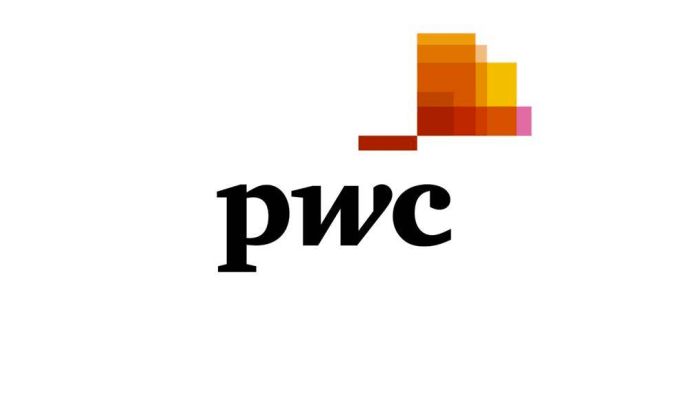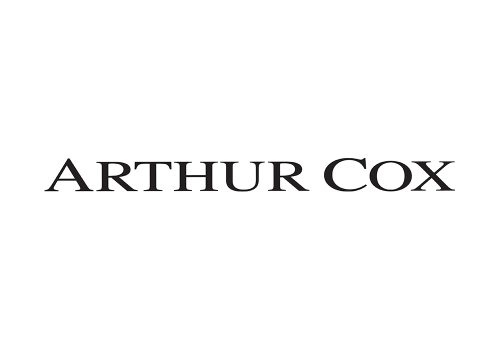The cost of launching an ETF in today’s high-interest rate environment is causing asset managers to look at alternative routes to market such as ETF share classes, Matteo Andreetto, head of SPDR EMEA at State Street Global Advisors (SSGA), has said.
Speaking at ETF Stream’s ETF Ecosystem Unwrapped 2023, Andreetto called ETF share classes a “very interesting development” as it has helped create a new route for issuers to launch ETFs at a time when doing so from fresh is very costly.
As we pass the halfway point of 2023, it is clear it has not been a vintage year for ETF launches in Europe. There were 49 ETF launches to the end of May, well below the 64, 66 and 62 recorded over the same period of the last three years, according to data from ETFbook.
“Why have there not been many ETF product launches this year? With interest rates where they are, the cost of setting up is expensive,” Andreetto said.
“Share classes could immediately solve this problem and are something that goes in the direction of monetising the asset class and making profits. It is a very interesting development and something we will keep a close eye on.”
Furthermore, the cost of seeding in an ETF is also higher at a time when money market funds are yielding up to 5%.
Despite this, HSBC Asset Management remains the only issuer this year to create an ETF share class for its mutual funds, after it announced it would convert four global bond index funds to ETFs.
The conversations allowed the UK asset manager to scale up its ETF range quickly, adding $6bn assets under management (AUM) to its fixed income ETF range and making it a top 10 bond issuer in Europe.
A boon for fixed income
Also speaking at the conference, Ciarán Fitzpatrick, head of ETF servicing for Europe at State Street, said the development is a good thing for the industry as it is moving forward with a regulation that was approved by the Central Bank of Ireland (CBI) in 2017.
He added HSBC AM’s decision to create the share classes on its fixed income mutual fund range is highlighting a “genuine interest” in the space which is not impacted by the US-Ireland double taxation treaty.
“What we are seeing is a genuine interest in the fixed income space where there is nowhere to hide from tax efficiency,” Fitzpatrick said. “Why not do it for fixed income which will not be impacted [by the taxation treaty] while also pushing agenda to see more products with this structure.”
Currently, Ireland has a favourable withholding tax treaty with the US when the principal share class of a fund – investing in US equities – is substantially traded on the stock exchange.
However, there are question marks around whether the creation of an ETF share class within a mutual fund structure, where the principal share class is not traded on an exchange, would be eligible for the tax benefits.
Marie Coady, global ETF leader at PwC, added the uniquely defined tax treaty is likely to create complications for the broader ecosystem and is one of the primary reasons ETF issuers did not create ETF share classes when they were first established in Ireland in 2017.
“One aspect that has been difficult from a fiduciary perspective is it is not possible to manage what your principle share class is,” she said.
“If you are trading your unlisted funds and the ETF on exchange, the ETF is not the principal share class. That is the reason many issuers looked at it at the time but did not go there.”
Operational challenges
While the idea of creating ETF share classes appeals to some existing ETF issuers, there are added operational challenges for those looking to use the structure to break into the European ETF market such as developing capital markets capabilities and making senior hires to develop the group’s overall ETF strategy.
Tara O’Reilly, partner and co-head of asset management and investment funds at Arthur Cox, said asset managers would also have to demonstrate there is a fair treatment of investors across all share classes.
“It will be important to find these operational issues and find proper solutions,” she said. “What we are hearing from the Securities and Exchange Commission (SEC), as the Vanguard patent rolls off, is that there has been a bit of struggle around that.”
Fitzpatrick agreed that overcoming some of these issues with the structure – particularly around the daily transparency of an ETF – could encourage more asset managers to transition to take up the structure in the future.
“Mutual funds do not have to publish daily but once you create an ETF share class, the manager will be required to do so,” he said.







